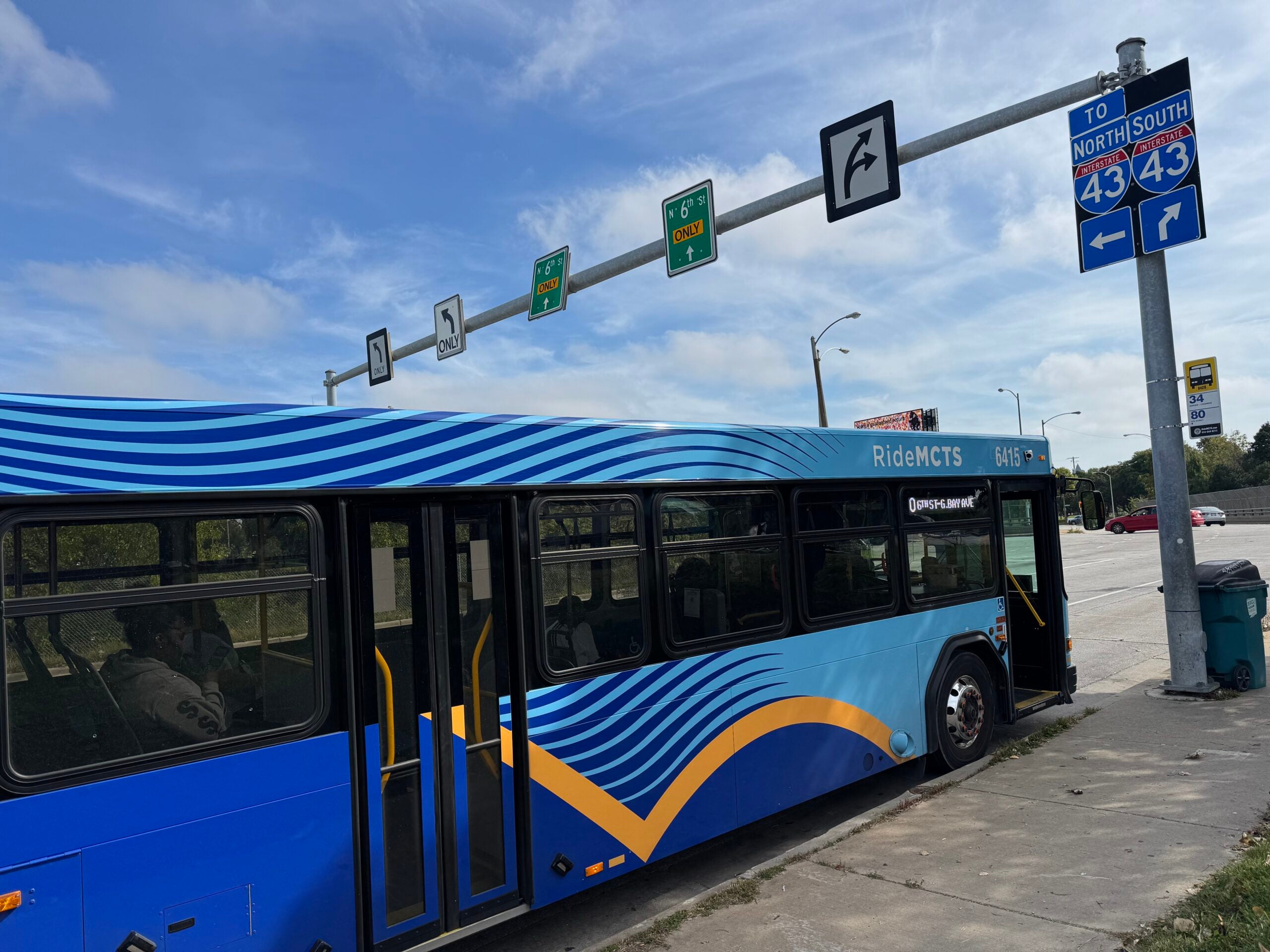Initiatives for behavioral health and public safety in Milwaukee County will receive close to $7 million in funding.
A task force approved the plans Thursday to spend part of the county’s federal American Rescue Plan Act money on the proposals spearheaded by Milwaukee County Executive David Crowley.
“Whether we’re talking about the violence on the streets, the increase in overdose deaths, the reckless driving, they’ve all contributed to the overall impact on the quality of life of all of our residents,” Crowley said. “That impact is a direct result of their needs not being met.”
News with a little more humanity
WPR’s “Wisconsin Today” newsletter keeps you connected to the state you love without feeling overwhelmed. No paywall. No agenda. No corporate filter.
David Muhammad, the deputy director of the Milwaukee County Health and Human Services Department, noted the connection between violence and mental health, as well as the disproportionate impacts on marginalized communities.
“There really is no path to becoming the healthiest county without addressing racial equity or the equitable use of our public spaces,” Muhammad said.
While the various proposals were already up for consideration by the six-member task force, a resolution from Crowley said “the urgent need for violence and harm reduction strategies in the current atmosphere necessitates expedited consideration of these requests.”
According to the proposals, the $6,704,500 in funds will go toward:
- Mentoring and supporting at-risk youth.
- Trauma and crisis response and emergency beds and housing options.
- public awareness campaigns for mental health services.
- County Trauma Response Team initiatives and community outreach.
- Improved pedestrian safety measures to increase access to parks.
- Design adjustments for the county’s parks “to deter criminal activity and improve public safety.”
The COVID-19 pandemic and accompanying economic troubles exacerbated issues residents already faced, according to a presentation shared during the task force meeting.
Crowley said there’s many people in the community whose needs have gone unaddressed for generations.
“When we talk about mental health, and we talk about behavioral health, we have to do everything that we can to provide resources, to provide information to families, not just those who are in crisis, but those folks who can help out in some type of capacity,” Crowley said. “We’ve got to do everything that we need to do in order to meet the needs of some of our most vulnerable residents.”
He said one aspect of that is increasing how many providers understand cultural competency.
“It’s really about how do we get these folks connected? How do we focus on healing?” Crowley said. “How do we focus on trauma and really focus on getting the resources to individuals to help them through their mental health crisis if they’re having one?”
Crowley said another part of helping to address mental health in the county is eliminating the stigma around it and bringing resources to the community as a whole.
“As a young person, when I was growing up, and my family was having their own mental health crisis at that moment, you know, I didn’t know what to do, nor did I know what resources to go after, nor did my parents,” Crowley said.
The programs were mostly met with support from the task force. Five of the six funding requests passed without opposition. Scott Manske, the county comptroller, cast the only “no” vote against the crisis housing funding. He voiced his concerns that the county’s spending on the program would continue beyond the ARPA funding window, which ends in 2026.
“While I am for this, I am concerned about the continuing costs of this,” Manske said.
Milwaukee County is set to receive a total of $183 million in ARPA funding from the federal government. County government is required to allocate that money by the end of 2024.
Wisconsin Public Radio, © Copyright 2025, Board of Regents of the University of Wisconsin System and Wisconsin Educational Communications Board.







